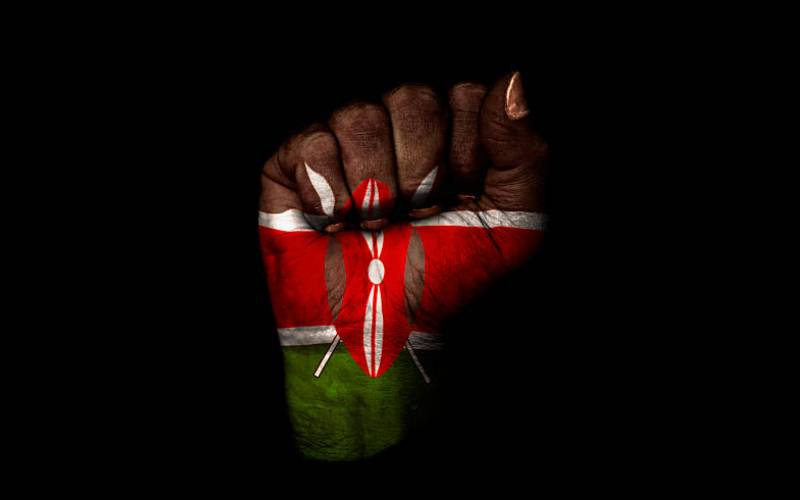×
The Standard e-Paper
Fearless, Trusted News

Kenya's democracy is at a crossroads. Despite regular elections and Supreme Court-approved victories, our democratic and electoral system remains precarious.
The root cause? A scarcity of political parties grounded in solid ideologies and principles, much like the challenges faced by many African nations. Unlike Western democracies, where political affiliations are often based on diverging ideologies, Kenyan politics is more a game of tribal allegiances.